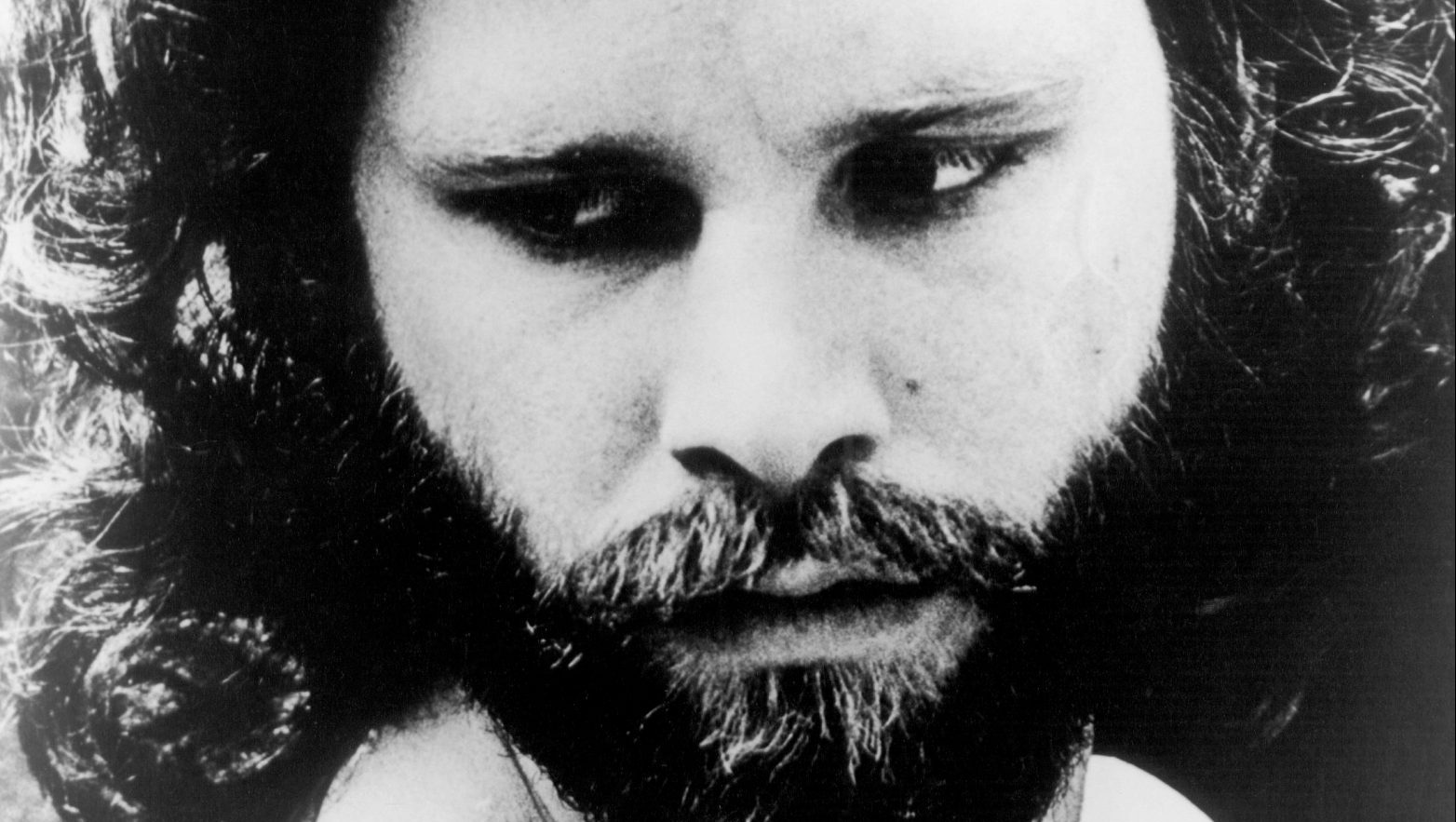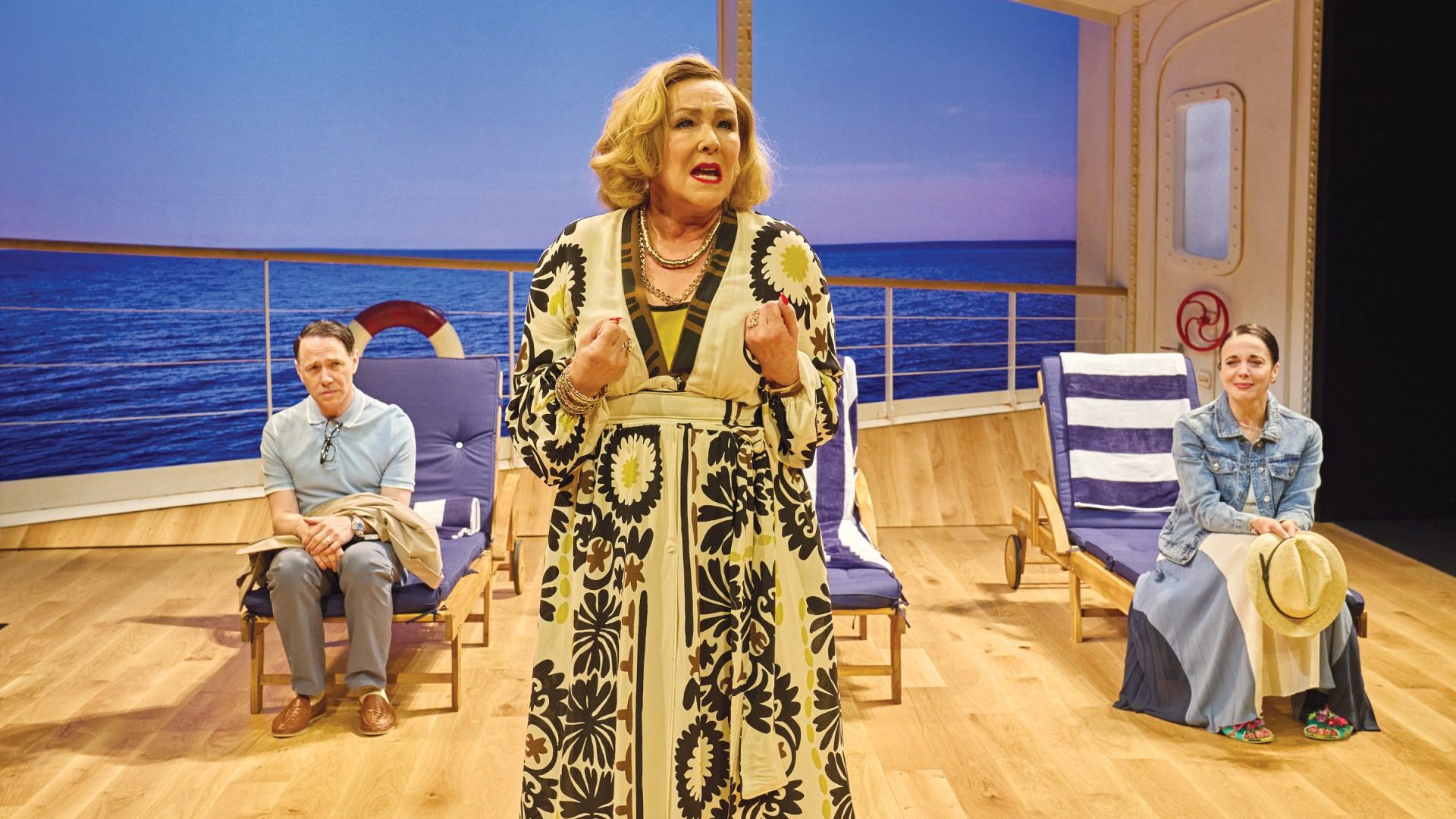Jim Morrison arrived in Paris in early March 1971, fleeing a six-month prison sentence for indecent exposure and sporting an unkempt beard, extra weight, and a serious alcohol problem. In the City of Lights, he hoped, he might pursue his ambition of going beyond being a mere lyricist inspired by the Romantics, Symbolists and Beats, and become a real poet, building on the publication of his first volume of poetry, The Lords and the New Creatures, the previous year.
But while he sought inspiration from the spirit of Molière, the Marquis de Sade, Balzac, Rimbaud and Baudelaire that haunted the Parisian streets, the
27-year-old icon soon got swallowed up by the kind of drug-fuelled decadence that so many of those names also fell foul of, dying amid rumours of a heroin overdose less than four months after he arrived, and being buried in Père Lachaise.
Those were, however, crucial months in Morrison’s creative life, as is proved by a new limited edition boxed set from Genesis Publications, A Guide To The Labyrinth: The Collected Works Of Jim Morrison. Published last month, it uses a wealth of material from the Morrison archives and reproduces the pages of his manuscripts of poetry, lyrics, essays and ideas in facsimile. Here Morrison’s writings are discovered in his own hand, his large and looping writing adding another layer of expressiveness to his vivid inner visions.
Among the most vivid of those is the Paris Journal – one long stream-of-consciousness style poem written in a scrappy school notebook with a class
timetable inside the front cover. Part of the poem was written during a visit
to Paris in 1970 and the rest during his final stay. After his death it was preserved by his partner, Pamela Courson, along with a stash of other manuscripts which, after her own drug-related death in 1974, were thought lost until their sudden rediscovery 12 years later.
Morrison said, “Real poetry doesn’t say anything, it just ticks off the possibilities. Opens all doors. You can walk through any one that suits you”, and the content of the Paris Journal – deeply surreal and resistant to a fixed meaning – certainly fits this definition. But it is possible to at least say that the manuscript is concerned with the nihilistic and existential, beginning, “So much forgotten already/ So much forgotten/ So much to forget” and ending “I didn’t mean to kill you/ You were just there”. Paris is also directly evoked (“The candle-forests of Notre Dame”), and there is an unnerving foreshadowing of the possible nature of Morrison’s death (“I hope the Chinese junkies/ Get you/ And they will/ For the poppy/ Rules the world”).
Although this poetry was dashed off without later revision (there are only three instances of words or phrases crossed out across the whole of its 15
pages), and it was clearly not as considered as the Doors’ lyrics, which have become the focus of serious study – a professor of English at the University of Vermont, Tony Magistrale, called Morrison’s lyrics “at once death-haunted and celebratory, apocalyptic and transcendent” in an academic journal article a full 30 years ago – it was the most substantial work to emerge from Morrison’s stay in Paris.
But the Paris Journal is also significant for how evocative it is of Morrison’s final weeks. He mainly spent that time as a flâneur, mooching around the Marais district where he was renting an apartment, carrying his notebooks in a plastic carrier bag from the La Samaritaine department store. As he sat and wrote in the 17th-century Place des Vosges, in the famous Ma Bourgogne restaurant on that square’s north-western corner, or in the artistic haunts of the Left Bank’s Saint-Germain-des-Prés when he bothered to venture over the Seine, he must have cut a lonely figure as an exile abroad, and the Journal, as reproduced in A Guide To The Labyrinth, is a means of contact with those lost, lazy days.
While, at nearly £400, the new boxed set of Morrison’s works is clearly the preserve of the serious collector, it provides a rare insight into the life and
mind of one of the popular cultural icons of the 20th century during what
were to be his final days.
MORRISON IN PARIS in five songs
The End (1967)
The nearly 12-minute-long epic closing track of the Doors’ eponymous debut album took on additional poignancy with Morrison’s early death.
The Crystal Ship (1967)
While written as a break-up song, the title and lyrics (“Before you slip into unconsciousness/ I’d like to have another kiss”) have led to this track being interpreted as a drugs song – narcotics became a much larger part of Morrison’s life during his time in Paris.
My Wild Love (1968)
One of Morrison’s many odes to Pamela Courson, his long-time girlfriend who he lived with during his Paris stay, this song is suggestive of their tumultuous relationship: “My wild love is crazy/ She screams like a bird/ She moans like a cat/When she wants to be heard.”
Pursued Main Title by Robert Steiner (1947)
Morrison went to see this Robert Mitchum-starring Western film noir at the 1930s Action Lafayette cinema on the night he died.
Ghost Song (1978)
This track appeared on An American Prayer, a posthumous release of Morrison’s spoken word recordings. Another set of poetry recordings made in LA in 1969 became known as “The Lost Paris Tapes” as they were found among Morrison’s belongings in his Paris apartment after his death.




